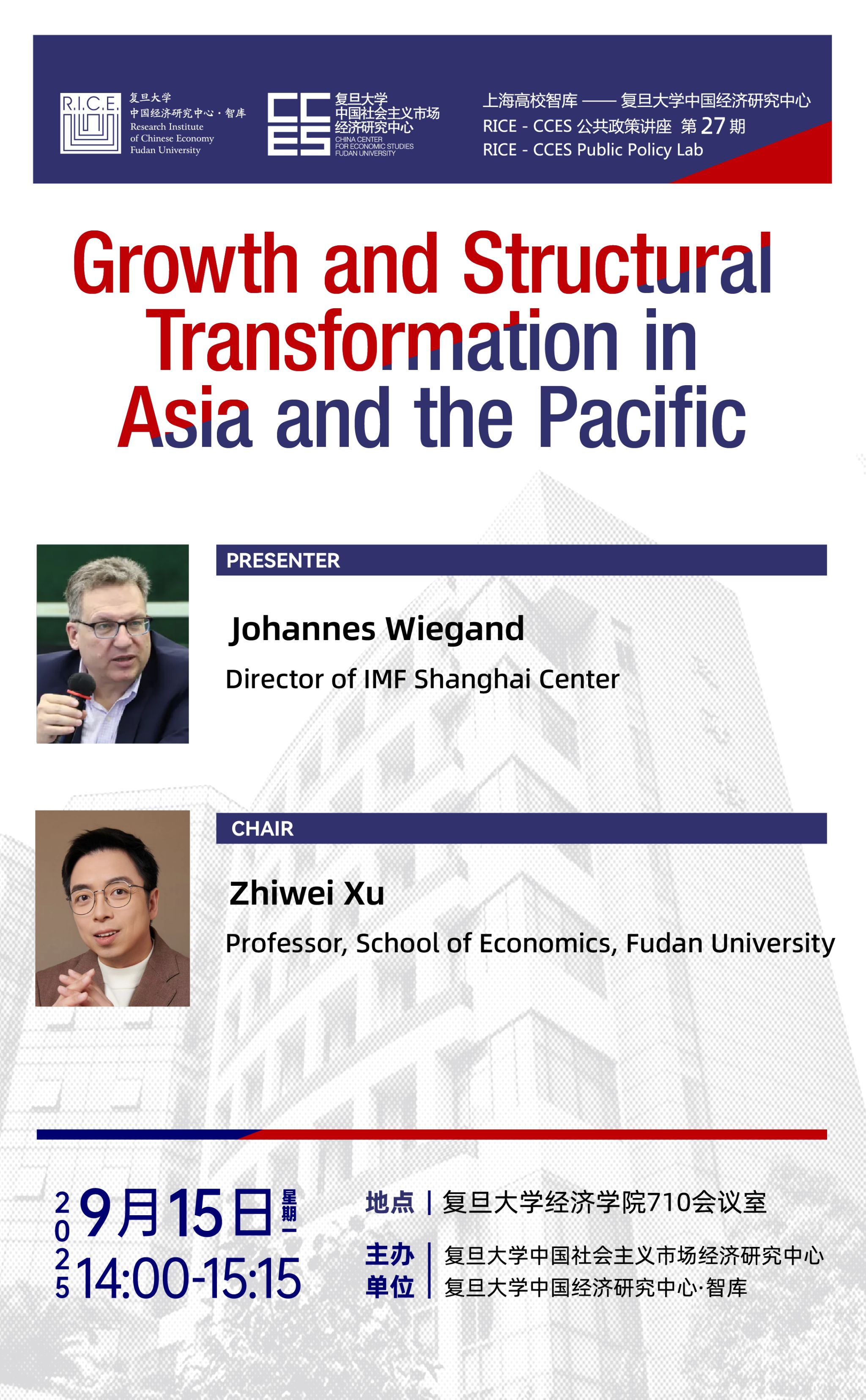
Abstract: Asia’s traditional development model has been based on shifting workers from agriculture into manufacturing, and on selling the manufactured goods in the global market. The success has been spectacular, unleashing the maybe greatest development success story in human history. In recent decades, however, Asian economies have increasingly shifted into services (rather than manufacturing)—a trend that is likely to continue, as many economies have reached income levels where demand for manufactured goods declines, and demand for services increases. This presentation—based on the IMF’s Fall 2024 Regional Economic for Asia and Pacific—shows that the shift into services has been positive for growth, as modern services are often more productive than manufacturing. Moreover, digital technology is making some services – such as business and finance - increasingly tradeable in global markets. Taking full advantage of these developments will require reforms, however. Education and training, for example, would equip workers with the skills to compete in modern services economies, and Asia should also open its services sectors to trade and investment.
Johannes Wiegand is the Director of the recently established IMF Shanghai Center, a collaborative venture between the International Monetary Fund and the People’s Bank of China, whose purpose is to help the IMF deepen its understanding of Asia-Pacific perspectives, and to serve as a bridge between academia in Asia and staff economists at the IMF’s headquarters in Washington DC. An IMF economist for 25 years, Johannes previously led the regional studies division of the IMF’s Asia and Pacific Department, and held senior positions in the IMF’s Strategy, Research and European Departments. Prior to joining to IMF, Johannes taught at the London School of Economics and wrote leaders for the Financial Times. He holds a PhD in Economics from University College London.